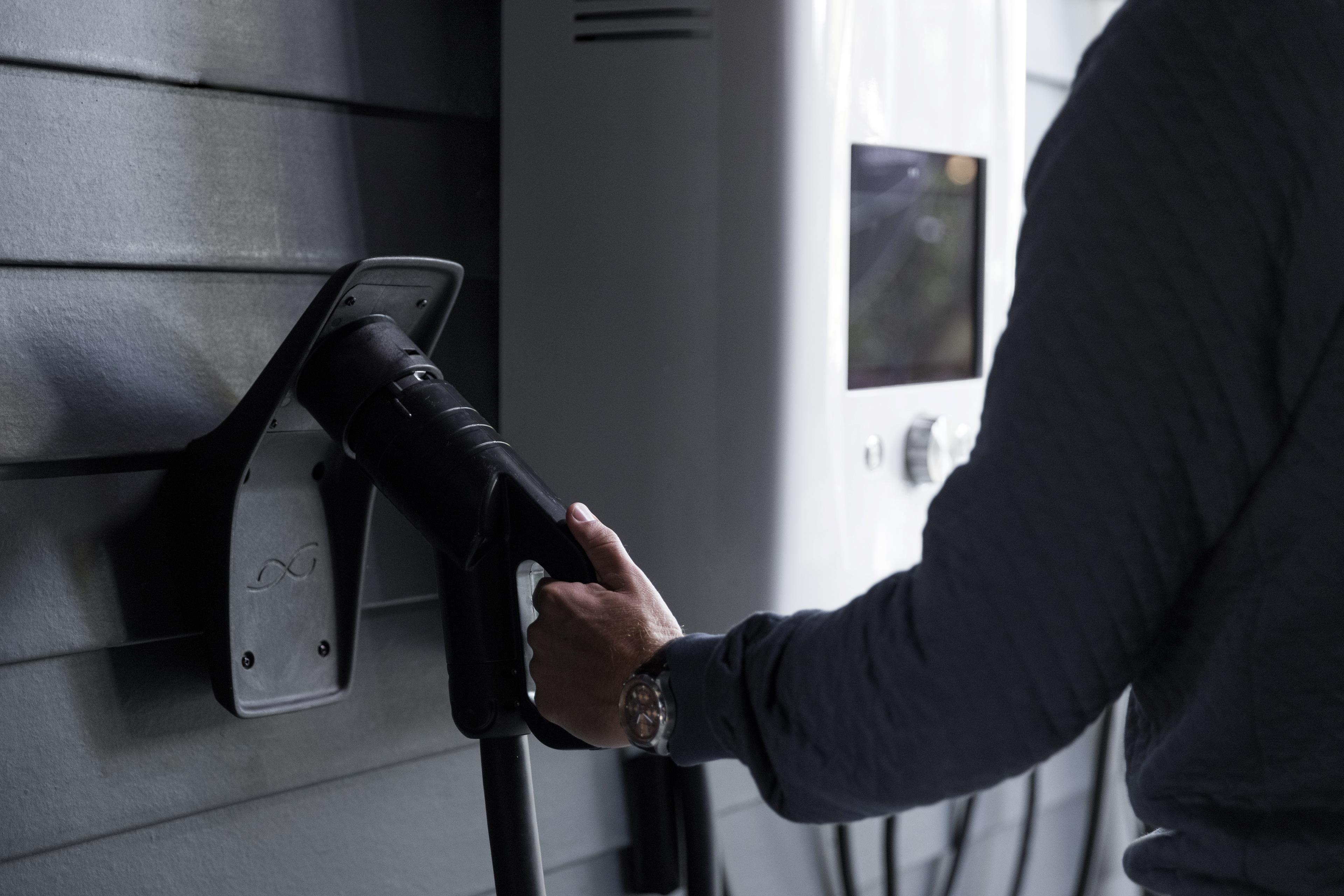
Call for Projects: Bidirectional EV charging (V2G) Systems for Grid Stabilization
Managed by
- Overview & Ideas
- Discussion
- Team
Overview & Ideas
Denmark is one of the leading countries in the green energy transition, with a strong ambition to move towards 100% renewable energy. As part of the transition, we expect fast growth in the market share of Electric Vehicles (EVs). The charging infrastructure for this fleet of EVs can either be a huge burden to the grid, or it could be a balancing force that can provide both stability and future use of electricity in mobility and other applications.
In order to facilitate a bidirectional EV network, we need to design and facilitate a platform and new business models that will enable this, in close cooperation with all stakeholders including governments, users, car manufacturers, EV charging operators etc.
We are looking for international projects that have developed bidirectional charging networks that provide smart charging solutions enable grid stabilization. In the analysis we want to learn about the Business Models, the ecosystem design and the regulatory foundation that will enable the change.
CHALLENGE OWNER: ENERGINET

ENERGINET: GREEN ENERGY FOR A BETTER WORLD
100% green transition of the energy systems is one of the most important keys to halting global climate change.
Every day, we work with designing, maintaining, developing, and expanding energy systems that will make it possible to use renewable energy for everything. In Denmark and globally.
Renewable and green energy is one of the most important prerequisites for creating a world in which people can thrive and live good lives without causing damage to future generations or the current population on the globe. A world in which global climate change has been slowed down.
ENERGINET DATAHUB: WHAT IS THE PURPOSE OF DATAHUB?
The purpose of DataHub is to ensure uniform communication methods and standardized processes for professional participants in the electricity market in order to stimulate competition and optimize market conditions for electricity consumers.
Every piece of information about the electricity consumption of Danish consumers is stored in DataHub, which also handles business processes, such as change of address, change of supplier etc.
DataHub has the capacity to process metered data and business processes for all 3.3 million Danish electricity consumers meeting points. For instance, when grid operators submit readings for a metering point to DataHub, it transfers the information to the applicable electricity supplier, who is then able to bill the consumer.
© 2025 nlmtd - All rights reserved
